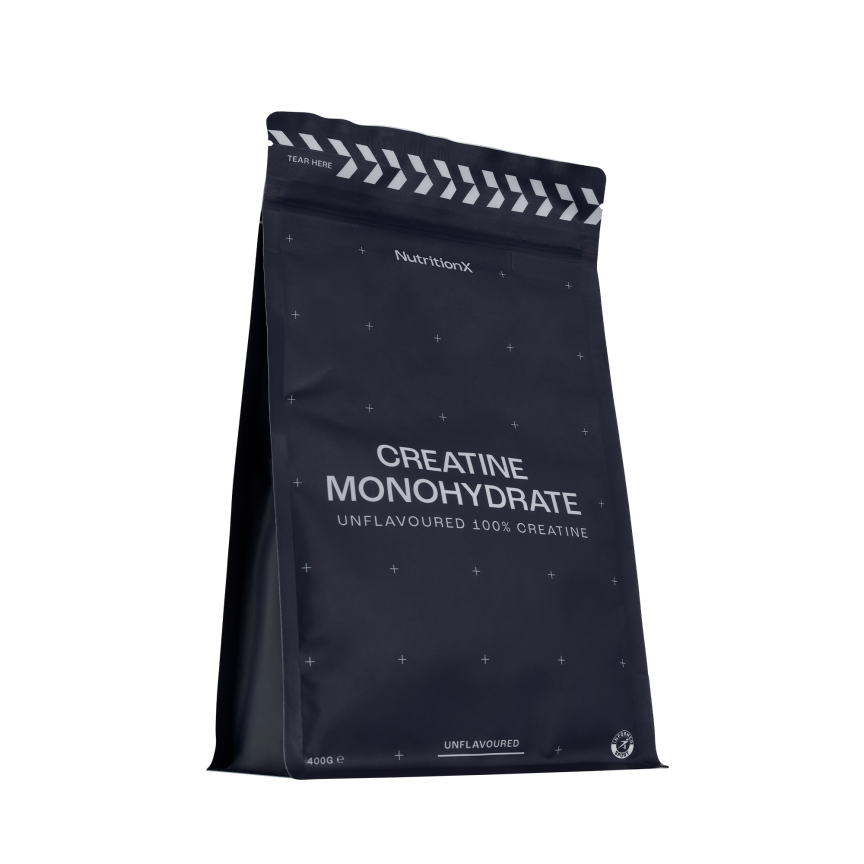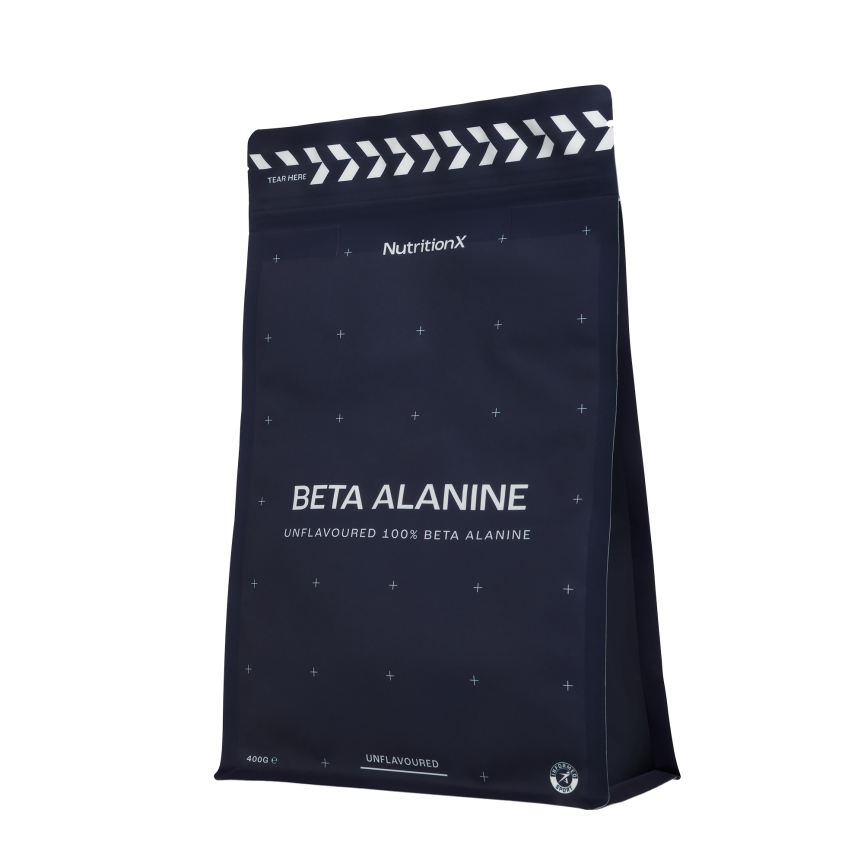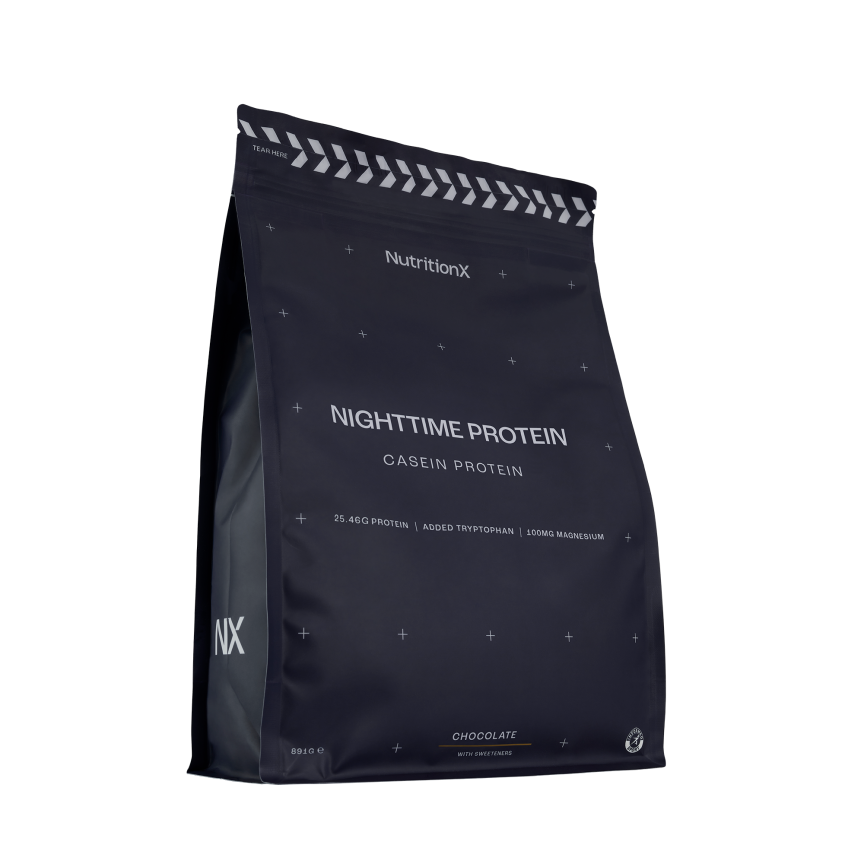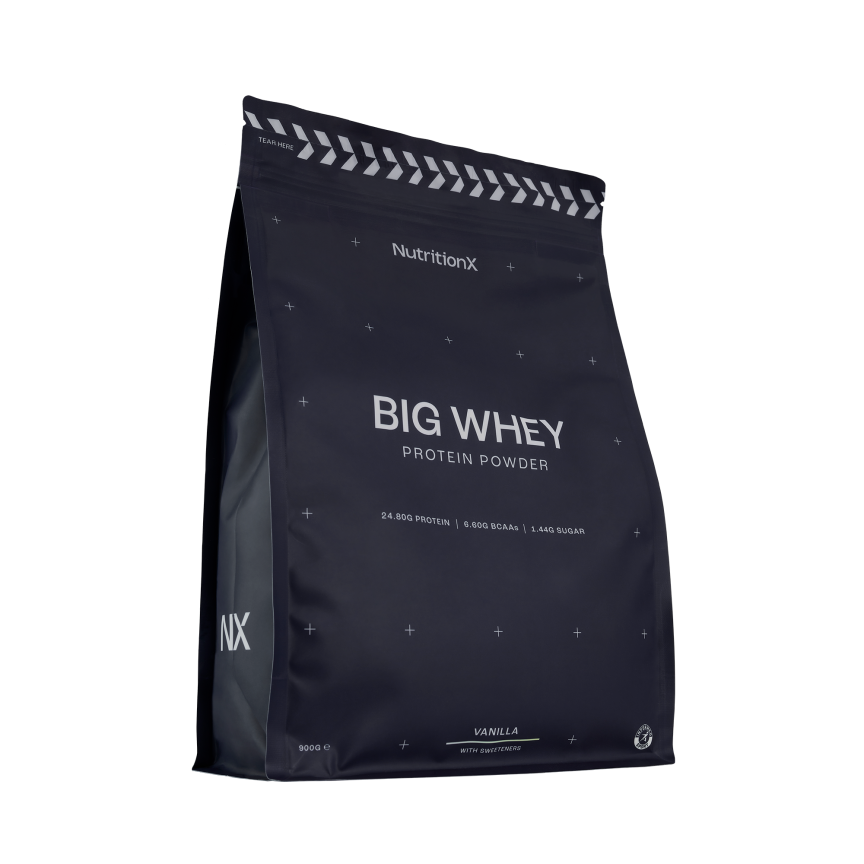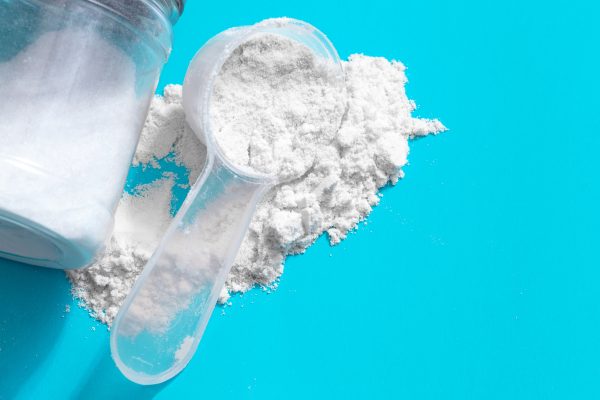Why do rugby players take supplements?
Supplements are a great way of supporting an already solid rugby nutrition strategy, helping to achieve optimal performance by ensuring the body has what it needs for the energy and recovery demands of a rugby match.
Most professional-level rugby players will very much adhere to a food-first approach when it comes to their rugby nutrition. Something we champion here at Nutrition X. However, there are still a number of energy, hydration and recovery supplements that rugby players use on a daily basis that have proven benefits from both a performance and health perspective.
What supplements do professional rugby players take?
Rugby players at all levels take supplements for a number of reasons, from recovery, to supporting their overall health and performance.
For players looking to maximise power and muscle capacity, creatine monohydrate powder and beta alanine are known for their ability to enhance strength and power during exercise.
Creatine has been proven to increase muscle size and strength. Whilst Beta Alanine can improve a player’s ability to perform repeatedly during training and competition; ideal for when bursts of high-intensity exercise are needed.
Protein shakes, such as whey protein are also regular supplements for most rugby players, as aids to muscle recovery. You can learn more about why athletes need protein here in our blog.
The benefits of Vitamins for athletes are vast and from a general health perspective, many rugby players will take vitamins such as Vitamin D to help to protect against performance-limiting upper respiratory tract infections or daily multivitamins to help prevent or correct any deficiencies.
Finally, the benefits of probiotics for athletes also make them a popular choice for rugby players. Probiotics support the gut and prevent any performance-limiting gut issues, such as bloating.
What supplements do rugby players take before a game?
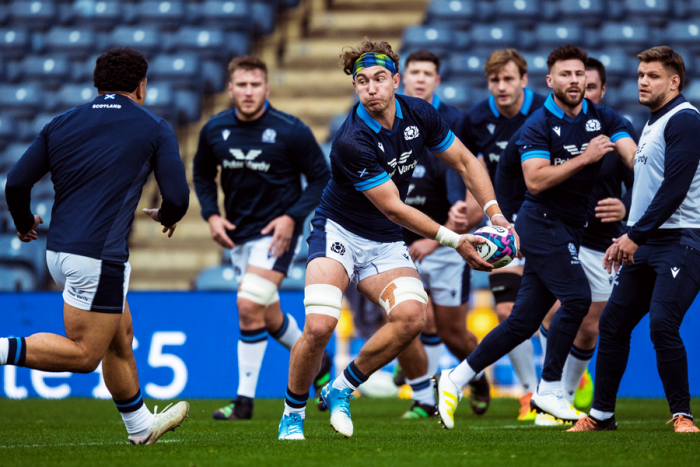
Rugby players are most likely to take caffeine-based supplements before a game to help support energy and alertness. Caffeine has been shown to increase physical and mental performance when taken about 30 minutes prior to exercise, so taking something like our fast-acting energy shot, in the half an hour leading up to a game can help to ensure you’re feeling mentally ready for the challenge ahead.
What supplements do rugby players take during a game?
During exercise, carbohydrates are essential for rugby players. Rugby players should aim to take on at least 30g of carbohydrates per hour whilst training or during a game. Carbohydrate-based gels like Energel+ are really useful as a quick and convenient way of upping carbohydrate levels and replenishing lost energy stores.
Hydration in sport is particularly important for rugby players during a game. Ensuring you have a carbohydrate-based isotonic sports drink, such as HydraFuel, can boost both energy levels and ensure that electrolytes lost through sweat are effectively replenished.
Hydration drinks and tablets, such as Hydra+, are also a quick and convenient way of maintaining hydration levels and replacing lost electrolytes, and can be taken during or after a game to support hydration efforts.
What supplements do rugby players take after a game?
Post-match, rugby players need both carbohydrates and protein in order to replenish lost energy stores in the muscles and support recovery. A 2:1 ratio of carbohydrate to protein, such as that found in the Nutrition X MRM Muscle Recovery Drink, would be ideal to consume after a game or heavy training session. Alternatively, in the evening, a casein-based protein supplement would be beneficial to help to achieve protein targets and support muscle recovery as you sleep.
Rugby and protein supplements
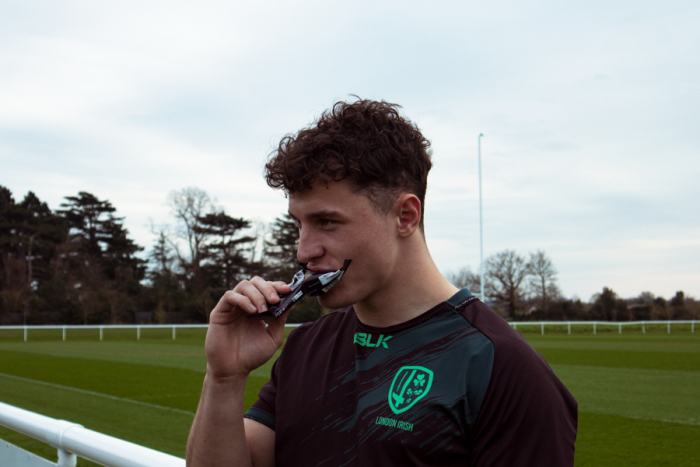
Many rugby players will need to top up their food-based nutrition strategy with protein supplements in order to hit their daily protein targets. These can come in the form of whey or casein protein drinks, or on-the-go protein bars, both of which offer a great, convenient way of upping protein intake to support muscle repair and recovery.
Protein supplements are best taken post-training or post-match, so as not to feel too heavy on the stomach when performing high-intensity exercise. Many players will mix a whey or casein protein powder with fruit and yoghurt rather than have it on its own as a shake, or create a tasty evening snack with a casein-based protein powder by mixing it with ice, milk and yoghurt.
What supplements can prevent rugby-related injuries?
There are no supplements proven to prevent injuries from occurring. However, deficiencies in key vitamins could increase the risk of injury. So taking a Multivitamin and both Vitamin D and Omega 3 are a good idea. As are collagen shots, which are designed to support joints and tendons. Although no research on collagen preventing injury has yet been proven, we do know collagen, Vitamin D and Omega 3 can all help speed up recovery from injury.
Are there any risks or potential side effects associated with supplement use for rugby players?
The biggest risk when it comes to supplementation for rugby players is the risk of inadvertent doping. Which can come from taking untested supplements.
Research shows that around 1 in 10 supplements bought from the internet could generate a positive drugs test if taken by a professional athlete, which is why it’s essential that rugby players only take supplements which have been independently batch-tested by a body such as Informed-Sport. All Nutrition X supplements are Informed-Sport accredited for the ultimate peace of mind, with quality and safety at the heart of what we do.
Check out our full range of rugby player supplements here.





